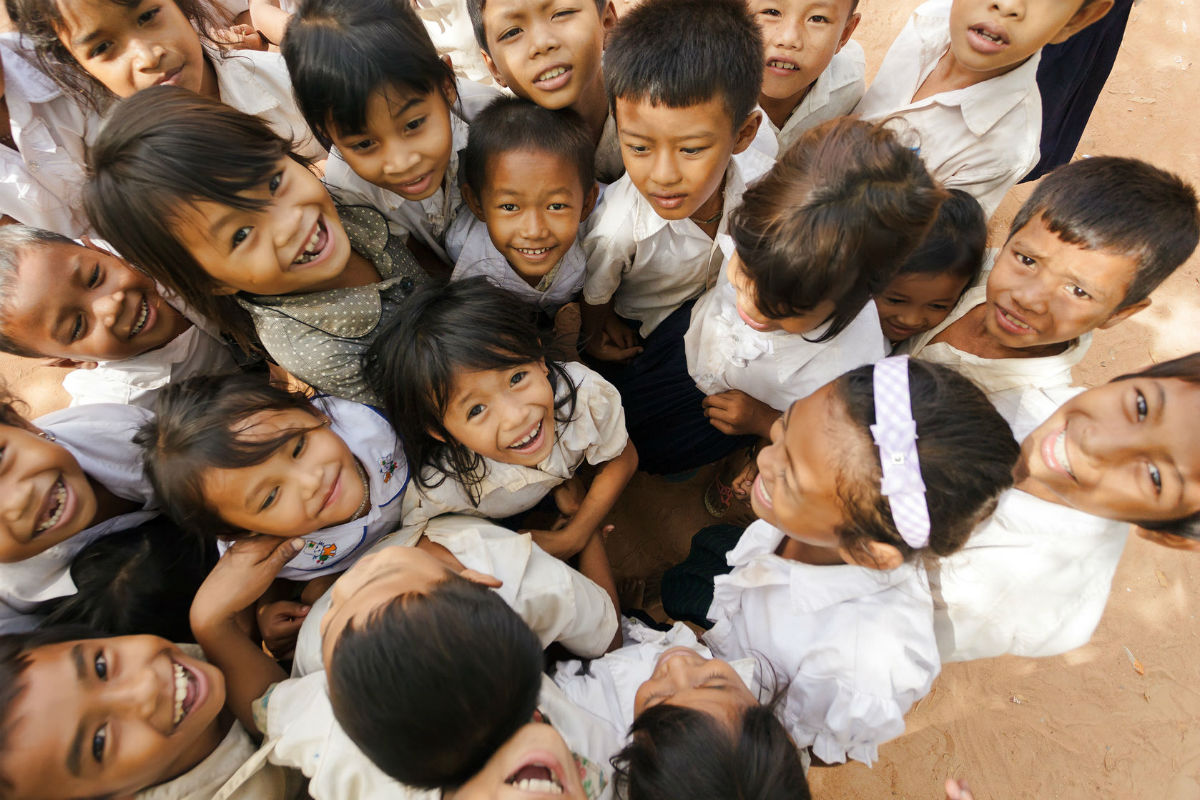
The art of resilience
Helping adolescents and the people who work with them adapt positively to adversity is the aim of this ambitious collaboration between researchers in South Africa, the UK & China.
WUN’s resilience research group, an interdisciplinary team of experts from four continents, is exploring how different professional and personal understandings of this concept can help or hinder the goal of building resilience. “The ultimate aim is to develop robust policies and programs that effectively develop this capacity,” says Professor Steve Reid (Cape Town), the project’s Principal Investigator (PI).
Projects
This collaborative, cross-cutting initiative encompasses a variety of research, including a pilot study on international youth resilience in six countries; a collaboration between China and South Africa on migration policy and immigrant families; and a study on resilience among youth in contexts of petrochemical production and consumption in Canada and South Africa. The latter project, in which the WUN group is a small part of a much wider collaboration, received a grant of C$2 million over 5 years from the Canadian Institutes of Health Research (CIHR).
Insights will be used to enhance training and education by defining which resilience factors can be enhanced by a structured intervention.
Highlights
- Participation in a C$2 million grant from CIHR to study on youth resilience in the context of the petrochemical industry
- Two workshops held at Pathways to Resilience IV Conference, June 2017, Cape Town
- Launch of a new academic blog to report on the group’s achievements